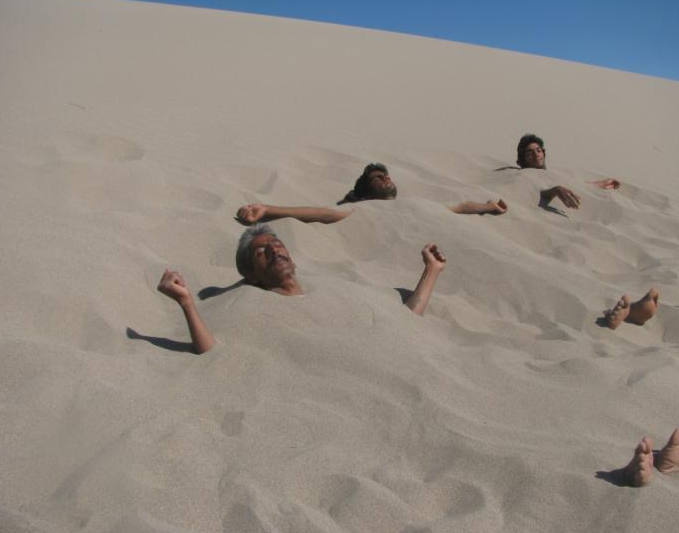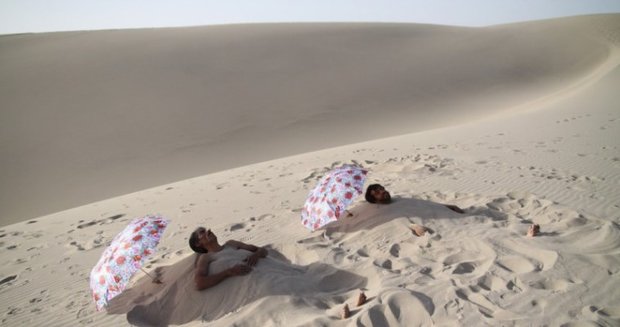Rigan County is located in the east of Kerman Province and situated on the path of one of the main roads in the country. History in this part of Iran is very rich and indicates the existence of wealthy civilizations. It is said that Rigan’s history began simultaneously with Bam, another city in Kerman and a world heritage site registered in UNESCO's list, which emerged at least at the time of Achaemenians (6th to 4th centuries).

There are many historical monuments in Rigan including Shah Khorshid (Sun King) Tomb belonging to the daughter of Bahman, who is the son of Esfandiyar, which dates back to the Safavid era. The tomb is the only historical site in Rigan registered as Iran’s national monuments and attracts a great number of tourists during the New Year holidays.

The world’s highest sand dunes are another tourist attraction of Rigan. Each year, due to seasonal winds, the height and length of these dunes increase even more. The dunes are one of the most exquisite and natural landscapes in Rigan, and quite unique in their kind.
The sand dunes are located 12 kilometers from the center of Rigan and are easily accessible to visitors. Most tourists travel to this part of Kerman Province for therapeutic effects attributed to the sands. According to the medical staff present in Rigan, sand therapy can over time relieve muscle and joint pain, as the sand gradually transfers the heat to the person’s body and thus eases pain.
Sargari and Tahgari waterfalls, flowing springs, Amygdalus scoparia blossoms and the 350-year old cemeteries are other attractions of Rigan County.
With over 50 historical monuments and castles, Rigan County is one of the oldest civilizations in Kerman Province. Some parts of the Silk Road can still be spotted in several regions of Rigan.
MS/3582752
